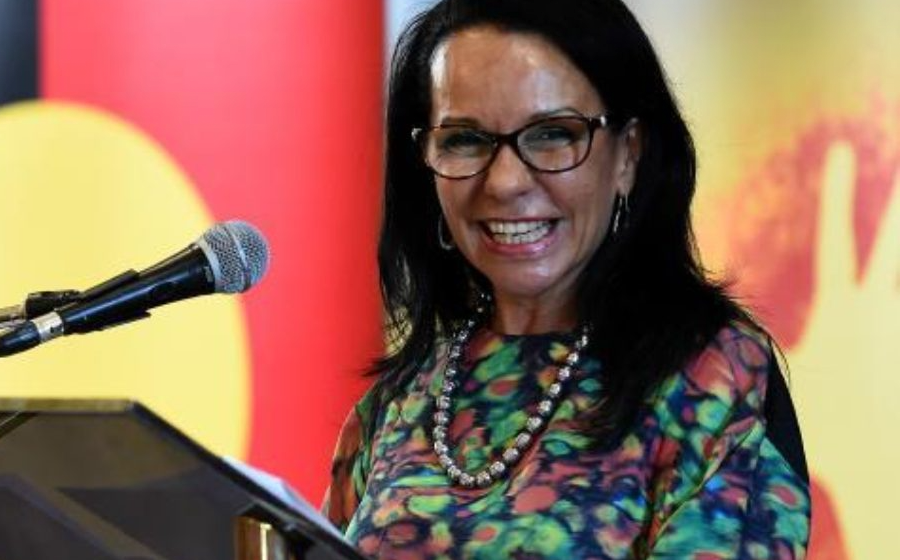On-country education, food security, water infrastructure and support for women and children experiencing domestic and sexual violence are among the priorities in a $424m funding boost to reduce inequalities experienced by Aboriginal and Torres Strait Islander peoples.
The Australian government will release its second Closing the Gap Implementation Plan on Monday, alongside the Coalition of Aboriginal and Torres Strait Islander Peak Organisations (Coalition of Peaks) annual Implementation Plan.
This comes as the 2022 annual Closing the Gap report revealed suicide, out-of-home care and incarceration rates for Indigenous Australians had increased. However improvements had been made in rates of detention for young Indigenous people aged between 10 to 17, plus an increase in healthy birth weights and the number of children enrolled in preschool.
Minister for Indigenous Australians, Linda Burney said the Implementation Plan would focus on “real action and real change”.
“We saw the outcomes in the 2022 Closing the Gap Annual Report and know that we need to be doing more as a Government,” she said.
“Our measures are going to be more specific and more targeted, making real impacts that complement work underway in states and territories, and back-in Aboriginal and Torres Strait Islander community-controlled organisations to lead work in their communities.
The $424m addition funding measures will sit alongside the $1.2b allocated in the October budget to deliver the four key priority reforms, and meet the 18 socio-economic outcomes as indicated in the National Agreement on Closing the Gap. According to the 2022 Closing the Gap report, only four out of 18 targets were on track.
A significant bulk of the funding includes $150m over four years to ensure remote and regional Indigenous communities have access to clean drinking water through the National Water Grid Fund. Efforts to ensure affordable and accessible food in remote communities will also be tackled through a $11.8m injection into the National Strategy for Food Security, which will be funded over two years.
$111.7m will also be given to a one-year partnership with the Northern Territory government to support the building of new remote housing, with a focus on overcrowded areas.
Family Violence and Prevention Legal Service providers will be given $66.8m over two years to deliver legal and nonlegal support to comes and children experience family, domestic and sexual violence. Plus, $21.9m will be delivered over five years for seven healing programs through Support Families, targeting early intervention and recovery from family violence.
An additional $38.4m has also been invested over four years to boost on-country education for Indigenous students, plus $21.6m to extend boarding for students from remote and rural areas.
Lead Convener of the Coalition of Aboriginal and Torres Strait Islander Peak Organisations, Patricia Turner hoped the funding would address decades of underinvestment into Indigenous communities.
“It is critical that the new investment is delivered in line with the Priority Reforms and through formal partnerships between government and communities and organisations on the ground,” she said.



